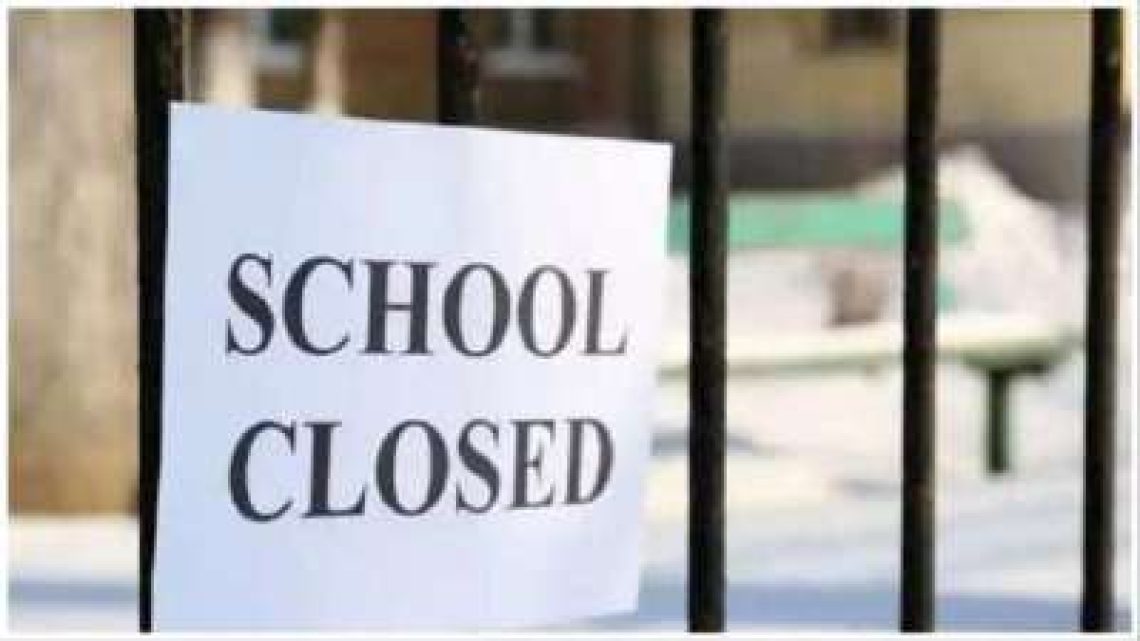
Education is in Jeopardy in IIOJK: Schools Closed for Military Use
September 26, 2024 Off By Sharp MediaIn Baramulla district, at least 61 schools have been shut down due to their occupation by Indian forces, severely disrupting education for local students. This decision has raised significant concerns among the community.
The authorities in Indian illegally occupied Jammu and Kashmir (IIOJK) have ordered the closure of various educational institutions. These schools have been designated as temporary housing for Indian security personnel, including members of the Central Armed Police Forces (CAPF) and Jammu and Kashmir Armed Police (JKAP).
This closure will remain in effect from September 26 to October 2, coinciding with preparations for the third phase of the upcoming assembly elections scheduled for October 1.
Among the schools repurposed for military use are GDC Tangmarg, Pattan, and Uri, along with several others like SSM College and MET Sopore. The repurposing of these institutions raises alarms about the quality of education during this crucial time.
The situation highlights the detrimental impact on students, who face interruptions in their academic activities. Disrupting the education of children not only affects their learning but also their emotional well-being and future prospects.
Educational continuity is vital, especially in a region already facing numerous challenges. Students have the right to a stable learning environment, which is now jeopardized by military arrangements.
Parents and educators are deeply concerned about how this temporary closure will affect students’ academic performance. The ongoing instability in the region only compounds these worries, making the need for a peaceful resolution even more urgent.
The decision to use schools for military accommodation indicates a prioritization of security concerns over educational needs. This approach can have long-term consequences on the youth and their future.
Furthermore, the closure of schools underlines the broader context of military presence in the region, which continues to be a contentious issue. The focus should be on creating an environment conducive to education rather than one dominated by military operations.
Community leaders have called for immediate attention to ensure that students can return to their schools without further disruption. They argue that education should be a protected space, free from military involvement.
In summary, the closure of schools in Baramulla for military purposes is a troubling development. It underscores the urgent need to prioritize education and protect the rights of students in conflict-affected areas. Without intervention, the educational landscape will continue to be adversely affected, hindering the future of countless children.

